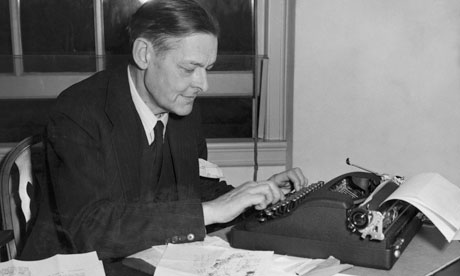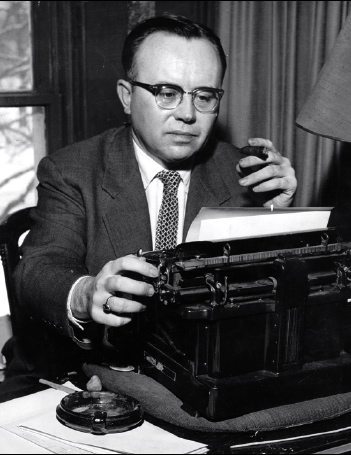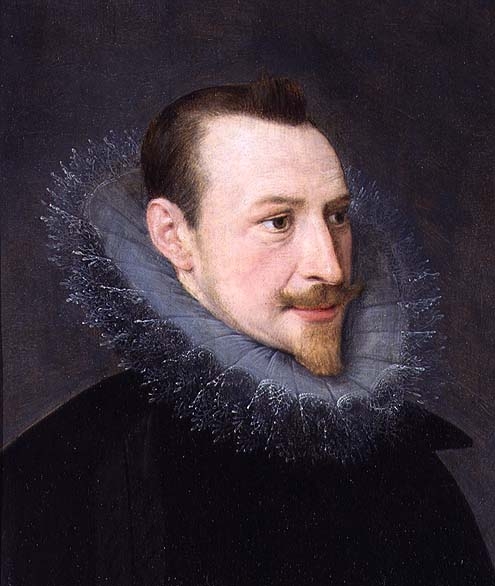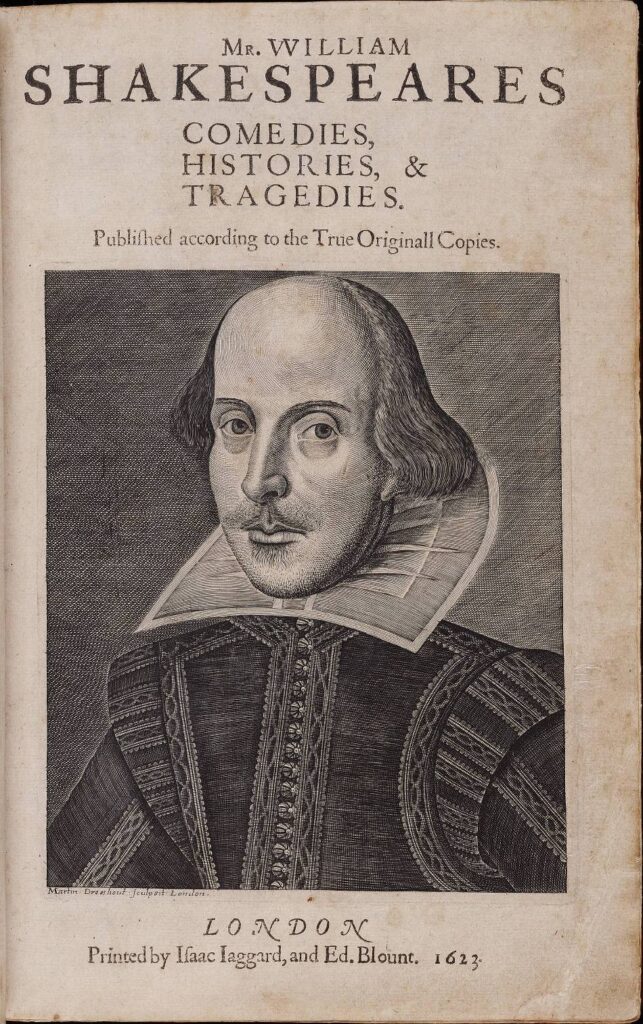
Enchanted by wonderful writing, decorated lecturer Dr. Ben Lockerd teaches courses on British and Renaissance literature at Michigan’s Grand Valley State University (GVSU). He was once a Folger Shakespeare Library research fellow. The International Association of University Professors of English is graced with his membership.
Quoted regularly decades after his death T.S. Eliot was a prolific poet. As past president of a society with his namesake, how did you come to appreciate perhaps the twentieth century’s greatest? I first read T.S. Eliot when I was 19, and I immediately sensed something powerful and profound in his poetry. I was particularly taken with The Waste Land, feeling that it was beautiful and wise, even though I barely understood what was going on. I have spent much time since then trying to understand better what Eliot was getting at. As my understanding developed, I came to feel that his later poem Four Quartets was his greatest work.

Russell Kirk deeply admired Eliot. To what extent does “The Man of Letters” fit into your scholarly purview?
Kirk’s book on Eliot was extremely helpful to me when I first began studying him, and I was very pleased to be asked later on to write an introduction to a new edition of Eliot and His Age. Kirk loved the old-fashioned phrase “man of letters,” which implies, I think, that such a person employs the works of imagination to reveal profound truths about human nature and human culture. Russell Kirk constantly emphasized what he called “moral imagination” and distrusted ideologies that purported to find novel solutions to humanity’s problems through the use of rational methods. The man of letters is a humanist who questions such radical rationalism and puts his confidence in revelation, tradition, and moral imagination.

Who was Edmund Spenser – and why doesn’t anyone alive seem to know?
Edmund Spenser is generally included in the list of the greatest British poets. He became known as the “poets’ poet” when most of the Romantic poets idolized and imitated him. However, his major work, The Faerie Queene, is so long and difficult that few people read it today. This great poem is worth the effort, though, for it is beautiful, intricate, wide-ranging, intriguing, and profound.
To say the least you’re more than a pupil of the Bard of Avon’s masterpieces. Should students still study Shakespeare?
Not only should we still be studying William Shakespeare but there is no stopping people from doing so. His plays are simply irresistible and continue to be the most popular and engaging dramatic works in the world. We continue to enjoy his plays on stage and on the screen, and we also continue to find profound philosophical insights in those plays. The Roman poet Horace said that poetry should both entertain and instruct, and Shakespeare’s works achieve this combined aim better than the works of any other writer. Eliot once said, “Dante and Shakespeare divide the world between them; there is no third.”

What excites you about our language and its creative application?
I think this question is best answered by the previous ones. Every major culture, of course, produces great writing, but it is not mere chauvinism to claim that the literature produced in the English language has been truly extraordinary. From Beowulf to Seamus Heaney, the English literary tradition has been immensely rich.
Learn more about Ben Lockerd
- GVSU Department of English Profile
- “Liberal Education and Politics: Twenty-Five Years in the Academy”
- Articles posted on The Imaginative Conservative
- “Conservative Thinkers of the 20th Century” via C-SPAN
- Wyoming Catholic College podcast
Read Ben Lockerd’s books
- The Sacred Marriage: Psychic Integration in The Faerie Queene
- Aethereal Rumours: T. S. Eliot’s Physics and Poetics
- T. S. Eliot and Christian Tradition
Dr. Lockerd is a GVSU English professor.
Got a craving for Knowledge Nuggets? Try our interviews with celebrated memoirist-poet Judith Barrington and Edmund Burke scholar Ian Crowe.